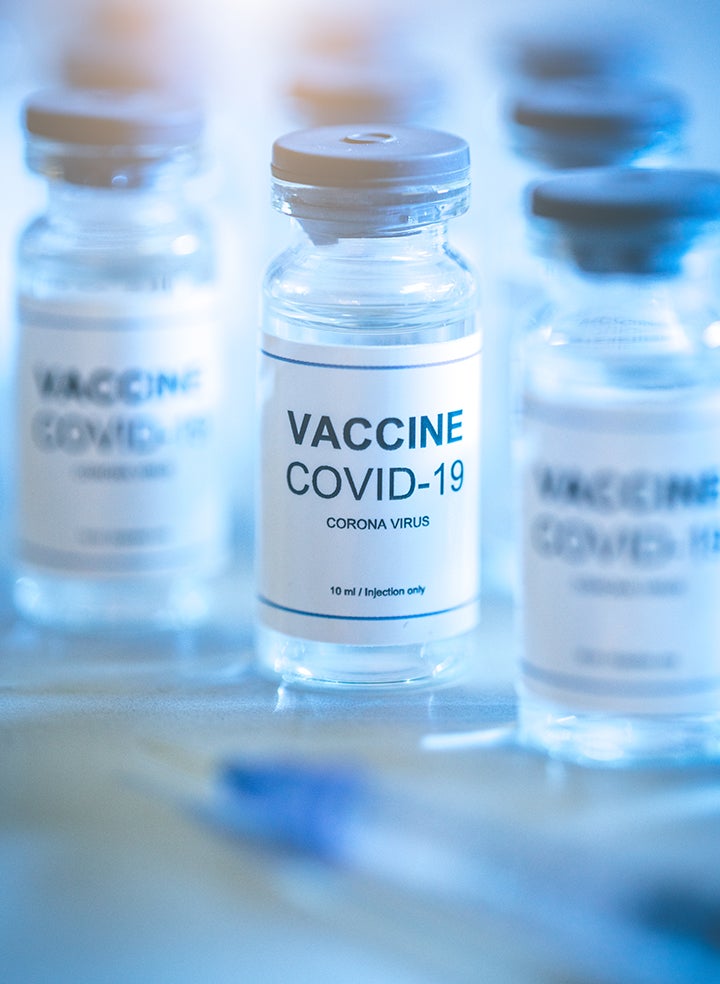How safe are you after getting the COVID-19 vaccine?
You've gotten the COVID-19 vaccine, now what? Learn when you're fully vaccinated and the CDC's recommendations.

Safe Activities for People Fully Vaccinated Against COVID-19
COVID-19 vaccination rates are growing, and our communities are opening up again. Many patients are wondering how much protection vaccination provides and which activities are safe to do.
We know that COVID-19 vaccines work well to protect you from getting the virus. In cases where vaccinated people do get sick, they are much less likely to have severe symptoms, hospitalization, and death. Because of this protection, fully vaccinated individuals can return to many of their regular activities without wearing a mask or physical distancing.
How to know if you’re fully vaccinated
You are fully vaccinated two weeks after your second dose of the Moderna or Pfizer vaccine, or two weeks after the Johnson & Johnson vaccine (which is a single-dose vaccine). Fully vaccinated individuals can safely resume many of their pre-pandemic activities.
If your immune system is weakened by a condition or medications, vaccination may not provide full protection. Talk to your doctor to learn if you’re at risk. People who are at risk or who are not fully vaccinated should continue to take precautions such as wearing a mask, physical distancing, and avoiding indoor gatherings.
Safe activities for fully vaccinated people
If you’ve been fully vaccinated, the CDC says you can do the following:
Where permitted, you can visit public places without wearing a mask or physically distancing. Your workplace, local businesses, and other locations may still require masks and distancing. Follow all laws, rules, and regulations when entering a property.
Areas such as healthcare facilities, public transportation, and airports still require masks and distancing. Correctional facilities and homeless shelters also require masks.
You can now travel within the US without getting tested and without having to self-quarantine.
Before traveling internationally, check entry requirements of the country you’re visiting, as well as re-entry requirements into the United States.
If you’ve been in contact with someone who is diagnosed with COVID-19, you can continue your regular activities without getting tested - unless you have symptoms. You should still get tested and self-isolate if you have symptoms of COVID-19.
You can hug your fully vaccinated loved ones. Grandparents can now hug their grandchildren.
You can attend outdoor and indoor gatherings as allowed by your state.
What we don’t yet know about COVID-19 vaccines
Scientists are still learning how long protection lasts, and how well the vaccines protect against variants. It’s also uncertain how effective the vaccines are at stopping virus transmission to unvaccinated people.
You can help protect people who have not yet received their vaccines by washing your hands frequently. While it’s not required, wearing a mask in indoor public places and around unvaccinated individuals can provide extra protection to those who haven’t received their vaccine yet.
If you have symptoms of COVID-19, you must get tested and stay home away from others.
